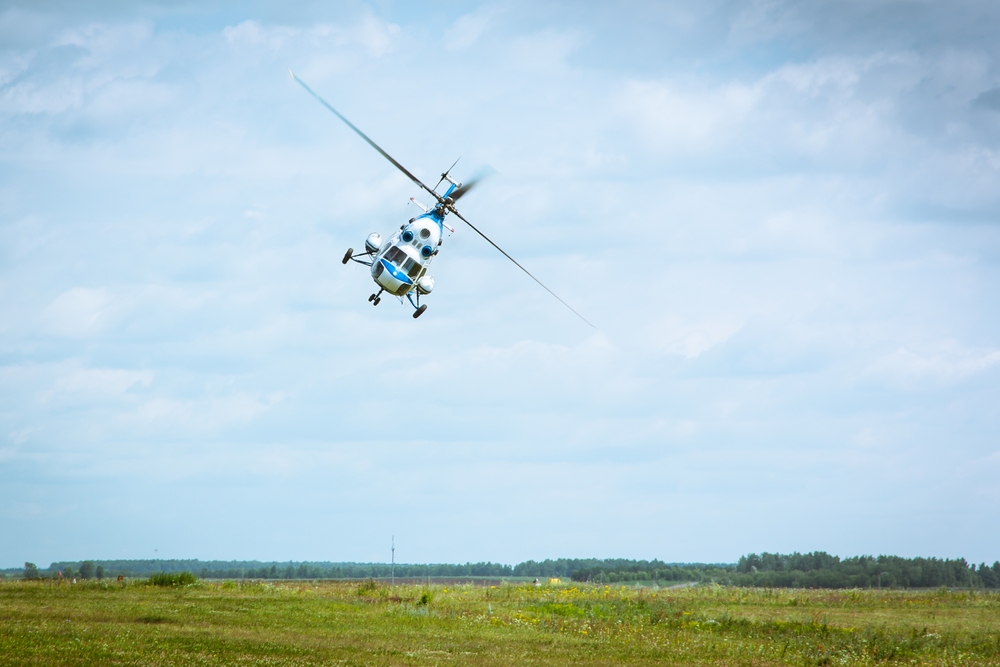The exact cause is still under investigation.
Others are reading now
A tragic helicopter crash in Russia’s Kurgan region has claimed the lives of four people, including three medical personnel and the pilot.
Deliver Emergency Aid
The incident took place when the aircraft, an Ansat helicopter, was on a mission to transport medical assistance to a remote village in central Russia.
The helicopter, operated by the Russian company Gazpromavia, was on its way to deliver emergency medical aid and personnel. To be a part of a medical team involves high-stakes conditions faced by medical teams that provide vital support to remote areas across Russia.
Preliminary reports from Russia’s Ministry of Health indicate that the crash occurred as the helicopter was attempting to navigate through challenging weather conditions, according to Digi24.
Also read
Undergo Regular Maintenance
Although the exact cause is still under investigation, emergency services have noted that adverse weather, which included low visibility, may have significantly impacted the flight’s safety.
Following the crash, Russian authorities immediately deployed a team of rescuers to the scene, who confirmed the deaths of all four individuals onboard.
Russia’s Ministry of Transport has expressed its commitment to a thorough investigation to determine the precise factors behind this accident and assess any needed adjustments in safety procedures.
In a separate statement, officials from Gazpromavia noted that their helicopters undergo regular maintenance and meet current aviation safety standards.
However, this incident follows several similar accidents in recent years, fueling concerns about the safety and oversight of regional aviation in Russia. Aviation analysts have pointed out that while medical helicopters are essential in Russia’s sprawling geography, their safety can be significantly impacted by Russia’s extreme and often rapidly changing weather conditions.


